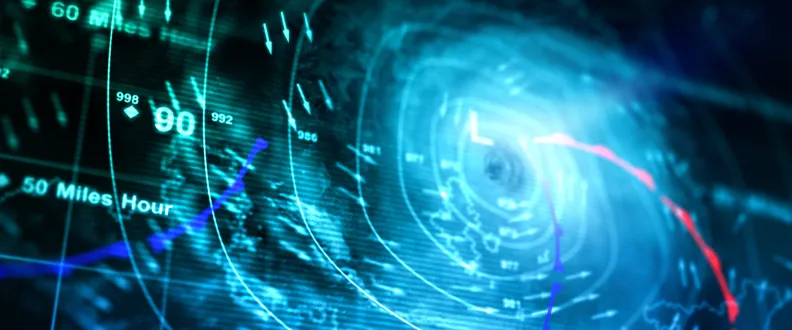AI Threatens the Soul of Japan’s City Pop
Japan’s beloved City Pop genre, known for its smooth synths, jazzy chords, and nostalgic 1980s vibes, is facing an unexpected challenge in 2025, not from fading trends but from artificial intelligence. Fans and artists are raising red flags as streaming platforms become saturated with AI-generated City Pop tracks, sparking a heated debate about creativity, culture, and authenticity.
Initially emerging in late-1970s Japan, City Pop was the soundtrack of an optimistic, consumer-driven era. Artists like Tatsuro Yamashita and Mariya Takeuchi created music that captured the energy of neon-lit Tokyo nights and coastal drives, blending jazz, funk, and soft rock with Japanese pop sensibilities.
Now, according to reports from Pitchfork and The Japan Times, AI models trained on these classic sounds are flooding platforms like YouTube and Spotify with eerily convincing imitations. Critics argue that while the melodies may sound familiar, these tracks lack the emotional nuance and cultural context that made the original music special.
Producers and longtime City Pop fans are pushing back. Many are calling on streaming services to establish more explicit labeling for AI-generated music and to create safeguards against algorithmic content overwhelming human-made art. "City Pop was born from a specific time and place," says music critic Shoji Fukuda in Pitchfork. "No machine can recreate the soul behind that history."
The debate taps into larger concerns about AI’s role in the creative industries. As AI-generated music becomes easier and cheaper to produce, questions about artistic integrity and digital ethics continue to grow.
For now, the battle over City Pop’s future serves as a cultural flashpoint in the broader conversation about what creativity means in the age of artificial intelligence.


